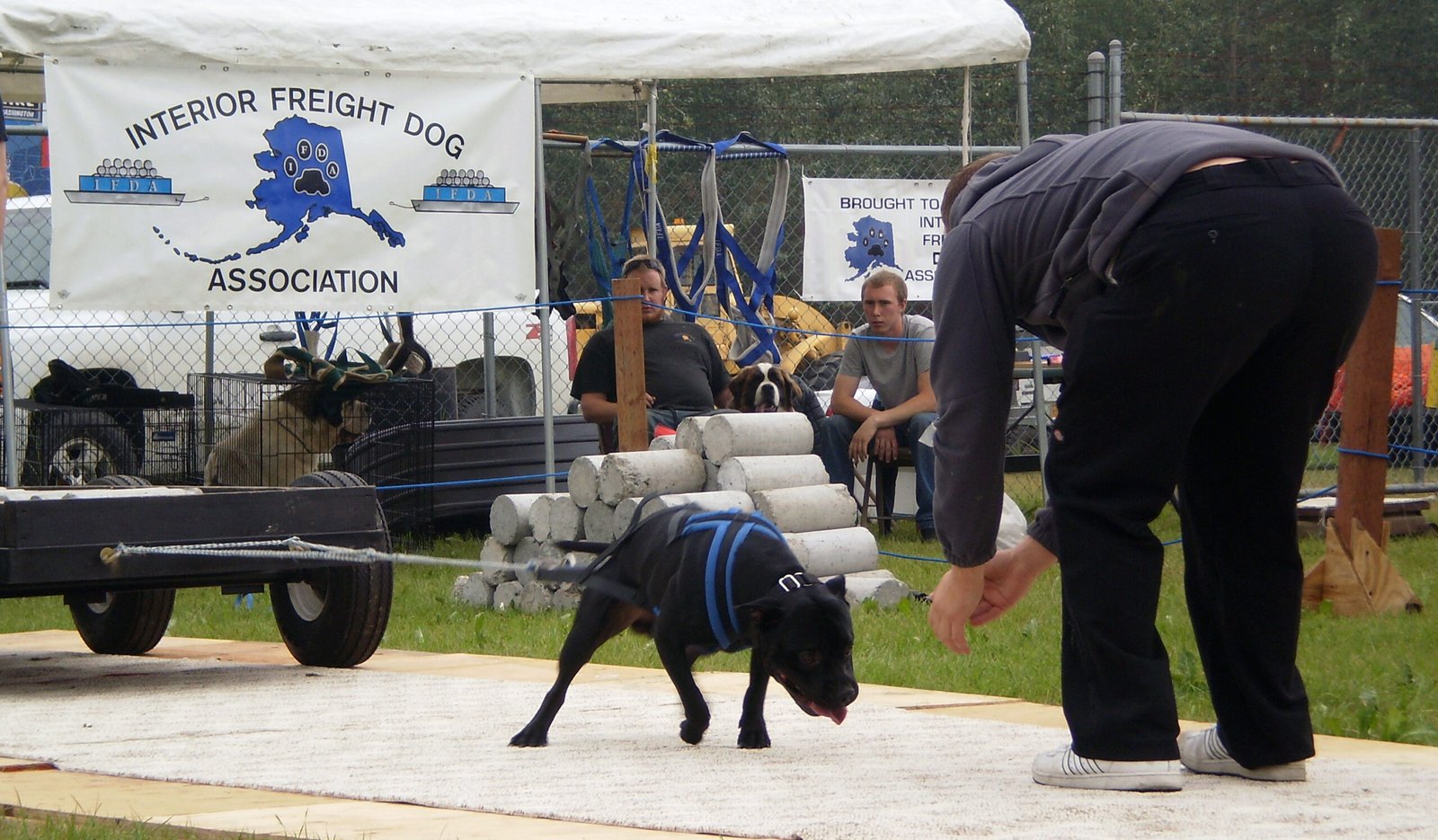When it comes to our furry friends, maintaining a healthy weight is just as crucial as it is for humans. An overweight dog can face numerous health challenges, including joint problems, heart disease, and a decreased lifespan. Therefore, understanding how to manage your dog’s weight effectively is essential for any responsible pet owner. Here, we’ll explore twelve practical strategies to help your canine companion achieve and maintain a healthy weight.
Understanding Your Dog’s Ideal Weight

Before you can manage your dog’s weight, it’s vital to know what their ideal weight should be. This isn’t a one-size-fits-all situation. Factors such as breed, age, and activity level all play a role in determining the right weight. For instance, a Labrador Retriever will naturally weigh more than a Chihuahua. Your veterinarian can help you establish a healthy weight range for your pet. Regular check-ups will also ensure that any weight gain or loss is identified early on, allowing for timely interventions.
Providing a Balanced Diet
A balanced diet is the cornerstone of a healthy weight management plan. Just like humans, dogs require a mix of proteins, carbohydrates, and fats to thrive. High-quality commercial dog food often provides all the nutrients they need. However, always check the packaging for nutritional information. Avoid feeding your dog table scraps as these can lead to an unbalanced diet and weight gain. If you’re considering a homemade diet, consult your vet to ensure it meets all of your dog’s nutritional needs.
Portion Control is Key
Even with the healthiest diet, overfeeding can lead to weight gain. It’s easy to overestimate how much food your dog needs, especially when those puppy eyes are begging for more. Measure your dog’s food using a cup or scale to ensure accurate portions. Most dog food bags have feeding guidelines based on weight, but remember that these are just recommendations. Adjust the amount based on your dog’s activity level and metabolism.
Regular Exercise for Your Dog
Exercise is a crucial component of weight management. It helps burn calories and keeps your dog fit and happy. The type and amount of exercise will depend on your dog’s breed and age. For example, a high-energy Border Collie may need more vigorous exercise compared to a laid-back Bulldog. Daily walks, playtime, and even agility training can be excellent ways to keep your dog active. Regular exercise not only aids in weight control but also strengthens the bond between you and your pet.
Monitoring Treat Intake
Treats are a wonderful way to reward your dog but can quickly add unnecessary calories. Opt for low-calorie treats or use healthy alternatives like carrot sticks or apple slices. Keep track of how many treats your dog gets in a day, and adjust their meals accordingly. Remember, treats should make up no more than 10% of your dog’s daily caloric intake. This way, you can still indulge your furry friend without compromising their weight management plan.
Incorporating Mental Stimulation
Mental exercise is just as important as physical activity for your dog’s well-being. Puzzle toys, training sessions, and interactive games can keep your dog mentally engaged and prevent boredom, which can lead to overeating. A mentally stimulated dog is less likely to indulge in unwanted behaviors like excessive eating out of boredom. It’s a win-win situation where your dog stays entertained and maintains a healthy weight.
Understanding Caloric Needs
Every dog has different caloric needs based on their age, size, and activity level. Puppies, for instance, require more calories than older dogs. Similarly, an active dog will need more fuel compared to a couch potato. Your vet can provide guidance on how many calories your dog should consume daily. Once you know this number, you can adjust their diet and exercise routine accordingly, ensuring they’re on the right track for weight management.
Regular Health Check-Ups

Routine vet visits are crucial for monitoring your dog’s weight. A vet can provide valuable insights and make adjustments to your dog’s diet or exercise regimen as needed. They can also identify any underlying health issues that may be contributing to weight gain, such as thyroid problems. Regular check-ups ensure your dog stays healthy and helps catch any potential problems before they become serious.
Hydration’s Role in Weight Management
Water plays an essential role in your dog’s overall health and weight management. Keeping your dog hydrated is crucial, as sometimes thirst can be mistaken for hunger. Ensure your dog always has access to fresh, clean water. Proper hydration aids in digestion and can help your dog feel fuller, reducing the urge to overeat. It’s a simple yet effective strategy in maintaining your dog’s ideal weight.
Implementing a Feeding Schedule
Establishing a consistent feeding schedule can help with weight control. By feeding your dog at the same times every day, you create a routine that prevents constant begging and grazing throughout the day. Scheduled feeding times also allow you to monitor your dog’s appetite and make it easier to notice any changes in eating habits. Consistency is key to effective weight management and helps your dog understand when it’s time to eat and when it’s not.
Using Technology to Track Progress
In today’s digital age, there are numerous apps and gadgets designed to help manage your pet’s weight. Smart collars can track your dog’s activity levels, while apps can record their food intake and caloric needs. These tools can provide valuable insights and help you make informed decisions about your dog’s diet and exercise routines. Technology can be a helpful ally in ensuring your dog stays on the path to a healthy weight.
Fostering a Supportive Environment

Finally, creating a supportive environment is essential for successful weight management. Encourage everyone in your household to adhere to the weight management plan. This means no sneaking treats under the table or overfeeding out of love. Consistency is vital, and a unified approach will help your dog maintain a healthy weight. Remember, a healthy dog is a happy dog, and your efforts will pay off in the long run.
In conclusion, managing your dog’s weight is a commitment that requires consistency, patience, and love. By implementing these strategies, you can help your furry friend live a longer, healthier, and happier life.





